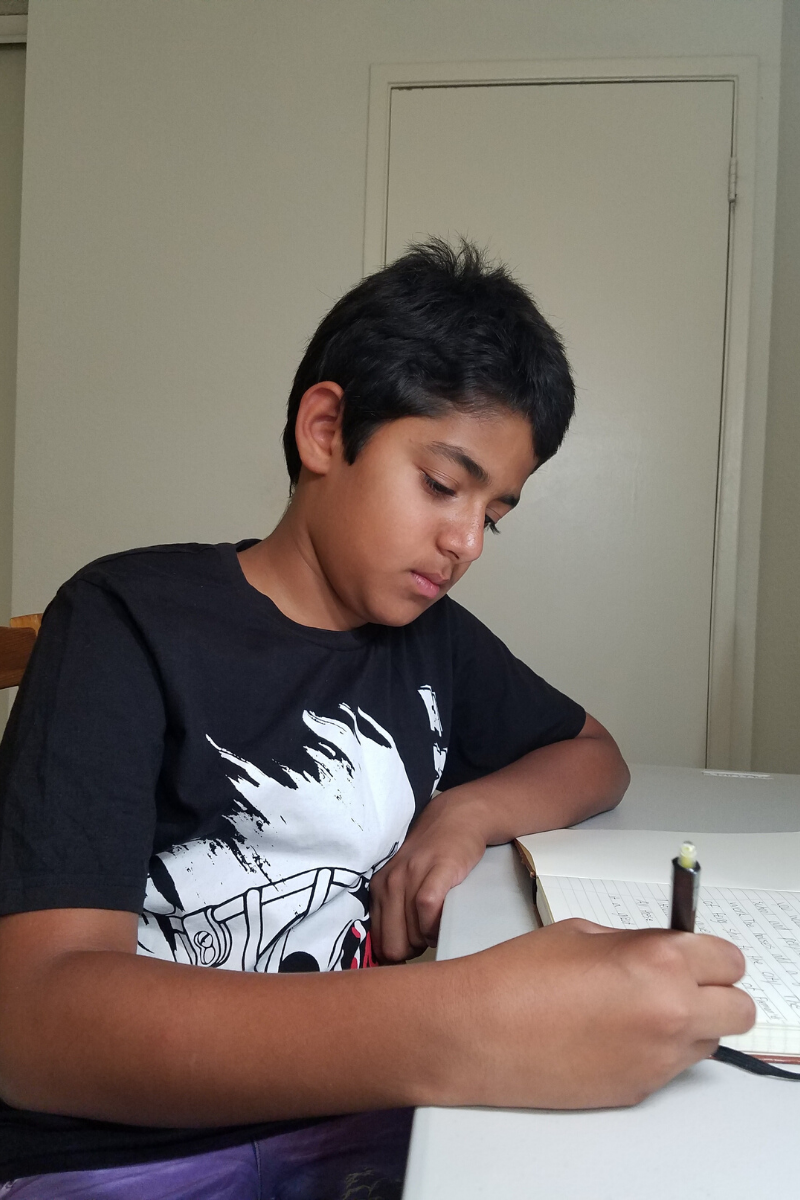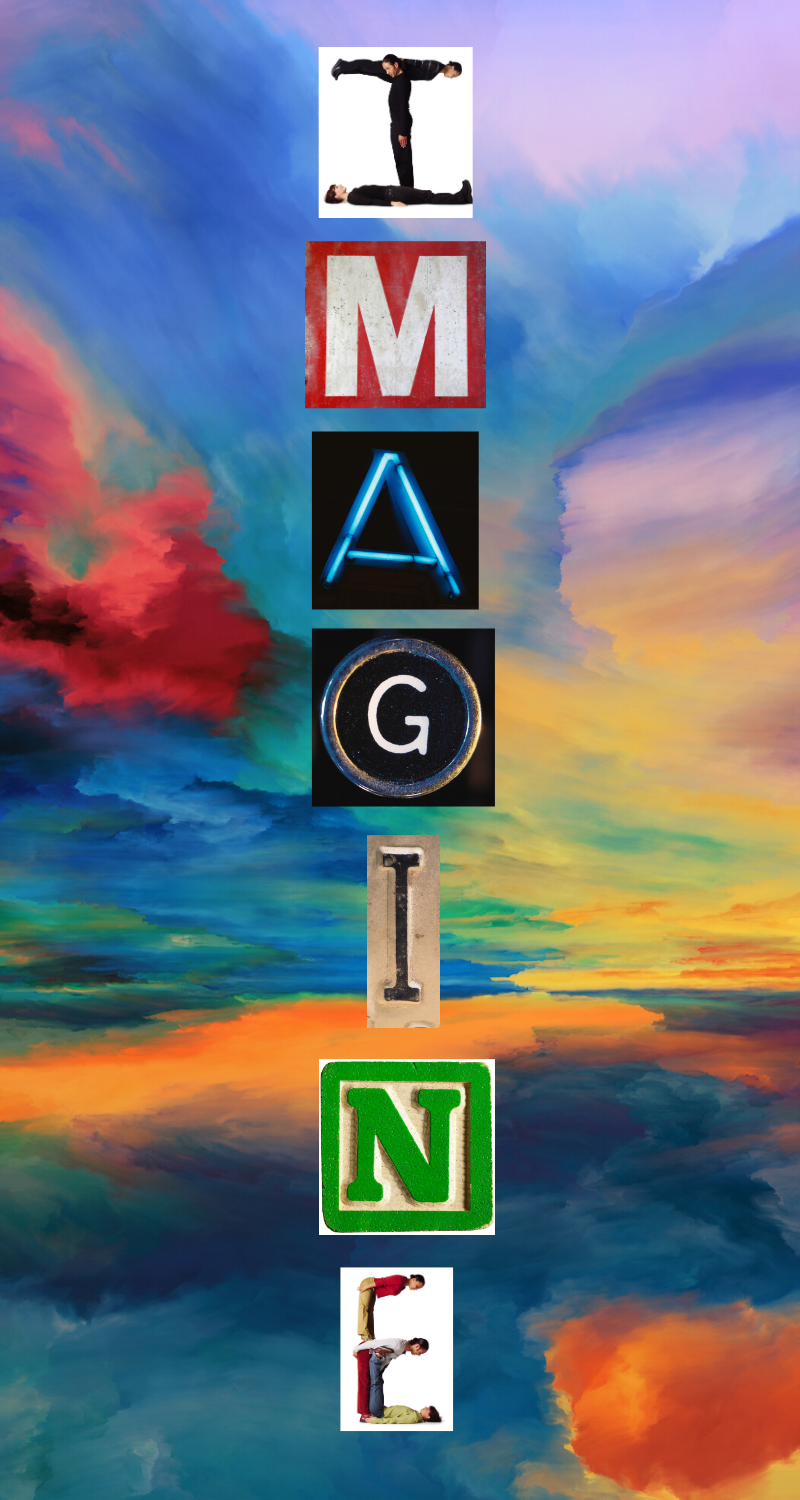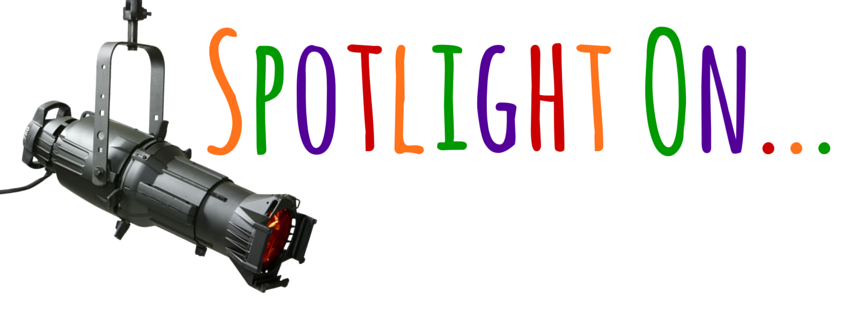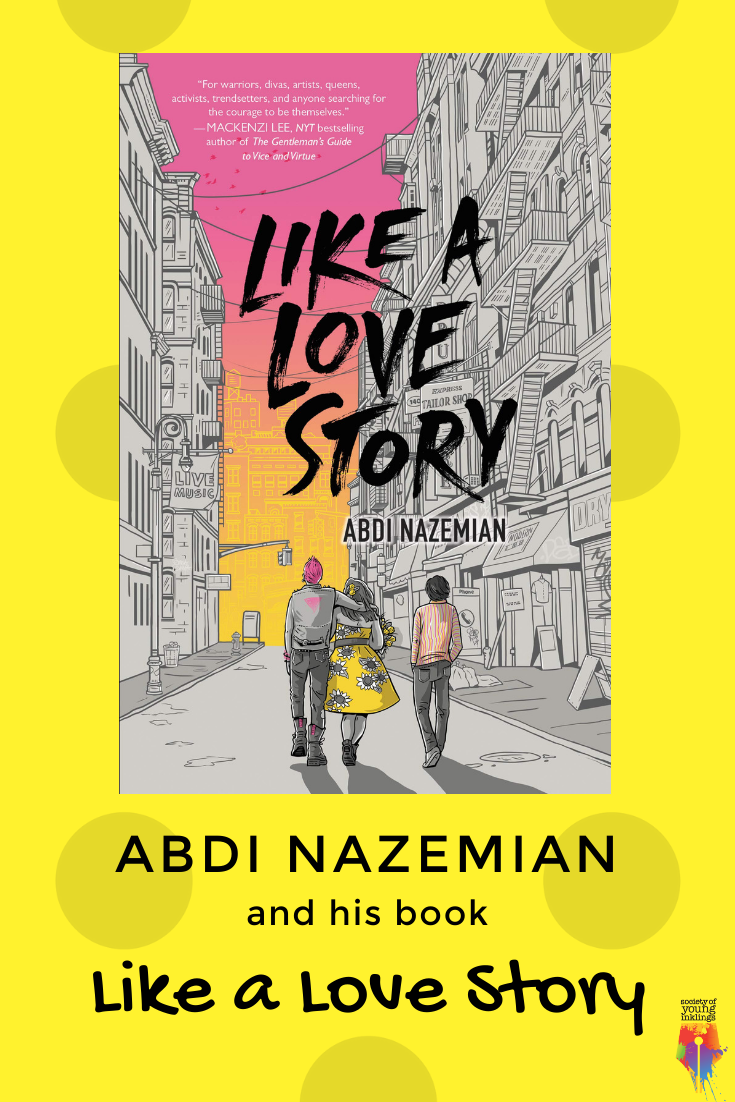Writerly Play Kit 020
Writerly Play: At-Home Learning Success Stories
Writerly Play for Educators
At-Home Learning Success Stories
For a couple weeks, learning at home had an “I get to learn in my pj’s!” feeling with many of my students.
When the novelty of the situation began to wear off and learning on screen became the new normal, I noticed a shift in engagement and enthusiasm. I’ve heard the same from teachers who have invited me to come and visit with their classrooms, or set up brainstorming sessions to discuss options for the next six weeks of school.
The great news is, as we’ve been experimenting, we’ve found some ideas that are working now. We hope that this round-up of success stories will spark fresh ideas for you, too.
In this WP Kit, we’ll share success stories about lessons and activities that are working right now, during at-home learning, Our goal is to spark possibilities as you continue developing at-home writing workshop lessons to keep your writers engaged.

Miniature Stories
Whether we’re in one-on-one situations or with a group, we’ve been finding that projects that writers can start and finish in one sitting are working well. By narrowing down to a tight focus and practicing just that one skill, writers walk away with a feeling of mastery.
Some examples of miniature stories that have worked well:
THE MAGICAL FOREST
In this story prompt, writers imagine themselves falling into a magical forest. As they begin to explore, they notice tiny round doors at the base of each tree. They choose a door to peek through, and write what they see inside. We’ve used this lesson to focus on figurative writing, specifically similes, and also on sensory writing that uses all five senses.
SUPERPOWER + OBJECT
In this story prompt, writers brainstorm a list of objects and a list of superpowers and then mix and match an interesting combo. Next, they imagine one short scene and draft it. The focus of the lesson for us was on revision. Since the piece was so short, we were able to do one revision focused on adding dialogue and humor, and then transition into an edit focused on sentence flow and grammar. Our goal was to learn more about the different kinds of thinking involved in revision … one expansive, looking for opportunities, and the other detailed, fine-tuning words and punctuation.
Words and Images
We’ve been finding that screen-tired eyes and minds are livening up when we focus on visual thinking skills. A few lessons that have worked well for us include:
COLLAGE A WORD:
Writers are encouraged to choose a favorite word and then create a colorful, textured collage that explores the word’s meaning. If they have old magazines, they can pull images and letters from there, but some also printed online images or used other creative materials from around home–paper, fabric, and more. Our goal was to think about a specific word, and words in general, from a new angle.
BOOK-MAKING:
Kids can cut covers out of all those cardboard boxes at home, and cover them with colorful paper to make fun, thick covers to make a story into a book keepsake. They love looking at covers of books they love, designing their own cover, writing the back cover copy, and even illustrating the story. Books can be bound with ribbon or binder rings. To punch holes, a hammer and nails (and parent support) work well.
CULMINATING PROJECTS
This is the time of year for class performances, showcases, and other culminating projects. For students in need of something exciting and bigger-picture to work toward, consider one of these two formats:
FOLEY-STYLE RADIO SHOW
Instead of a play, what if students perform audio versions of short scenes, recording live sounds to support one another? Instead of focusing on props and costumes, students can focus their creativity and collaboration skills on bringing footsteps, doorbells, the sound of pencil on paper, or the crackle of a campfire to life.
PASSION PROJECTS
For many students, writing a novel, a script, a musical, or a collection of songs can bring together the various skills they’ve been developing all year and take their creative and critical thinking to the next level. Especially because the point of working on a major project is to go big, we’ve seen a lot of success with process notes, where students not only work on their project, but also note discoveries along the way with specific reflection questions.
If you’d like to look into guidance for any of your students for whom designing a novel would be a great passion project for the spring or summer, check out our Design a Novel online course at the link below.
“Exercise the writing muscle every day, even if it is only a letter, notes, a title list, a character sketch, a journal entry. Writers are like dancers, like athletes. Without that exercise, the muscles seize up.”
-Jane Yolen
What’s Up At SYI this Month?
sWRITING CHALLENGE
History Buff
This month, Abdi has challenged us to be history buffs:
Abdi talked to us about how he researched the ACT UP movement of the 1980s in his latest book, Like A Love Story. Pick a moment in history you’ve learned about in school and have your parents help you research about that point in history. You can read articles, watch videos, or use your own history textbook.
Now that you’ve done some research, you are free to write a scene inspired by the historical research you found. Notice how you can incorporate historical facts into your fiction.
Aim for between 350 and 1000 words. Have your students submit their responses HERE and they might be published on our website!
INK SPLAT
Abdi Nazemian
This month, we talk to author Abdi Nazemian about his newest YA novel, Like a Love Story. In this exclusive interview, we learn about writing as self expression and some of the history behind the book.
Here’s a peek:
I think what matters most in writing is honesty. It doesn’t matter if the story you’re telling takes place in an era you didn’t live in, or in a sci-fi or dystopian world you’re creating. If the emotions of the story don’t come from your heart, the reader won’t respond to it. I guess my advice is, learn to recognize when you’re writing from within yourself versus writing for the outside world.

INKLINGS CELEBRATE
Join us for Summer Camp!
We’re inviting passionate young writers to join us on Zoom for writerly summer camp experiences. Each camp will include skill-building activities, time for drafting, and collaboration with peers.






